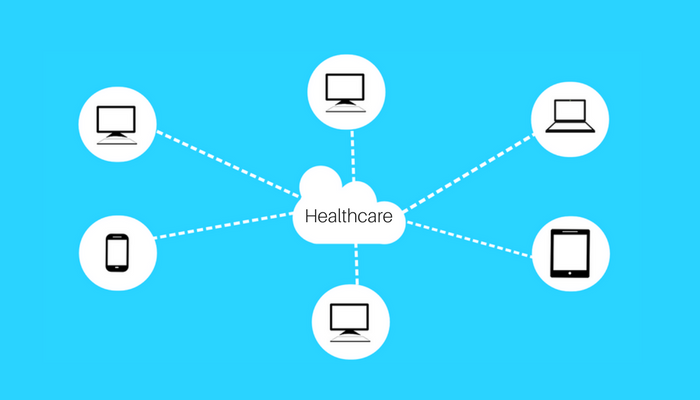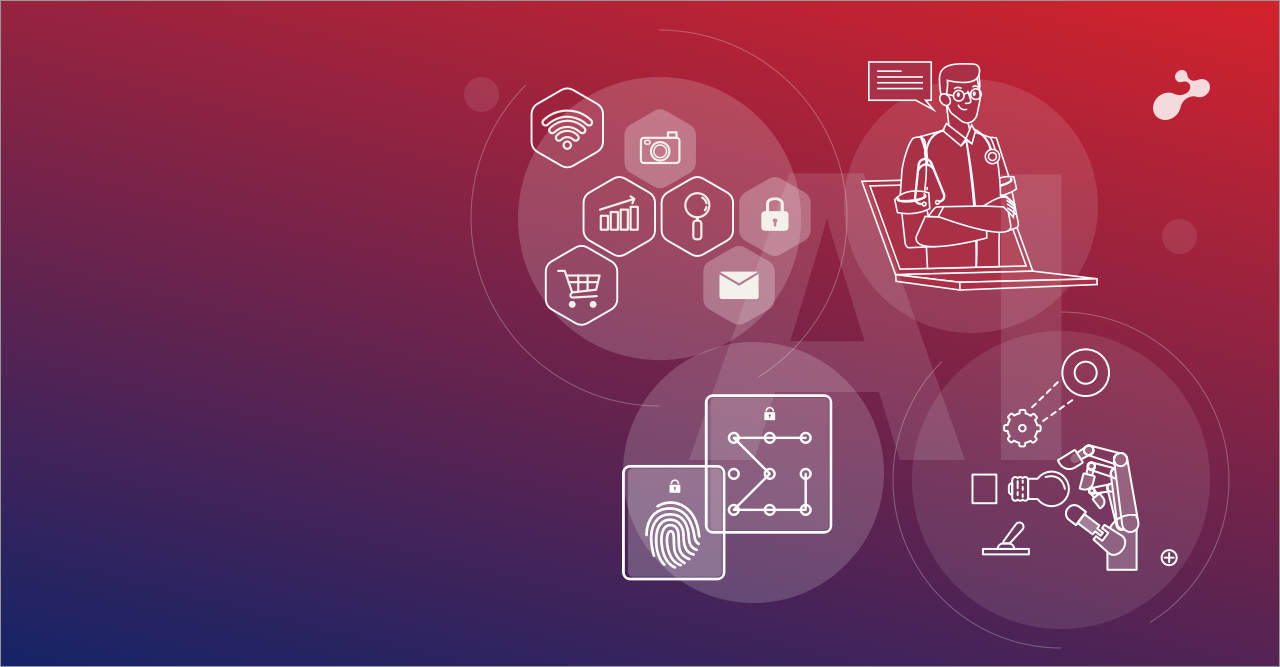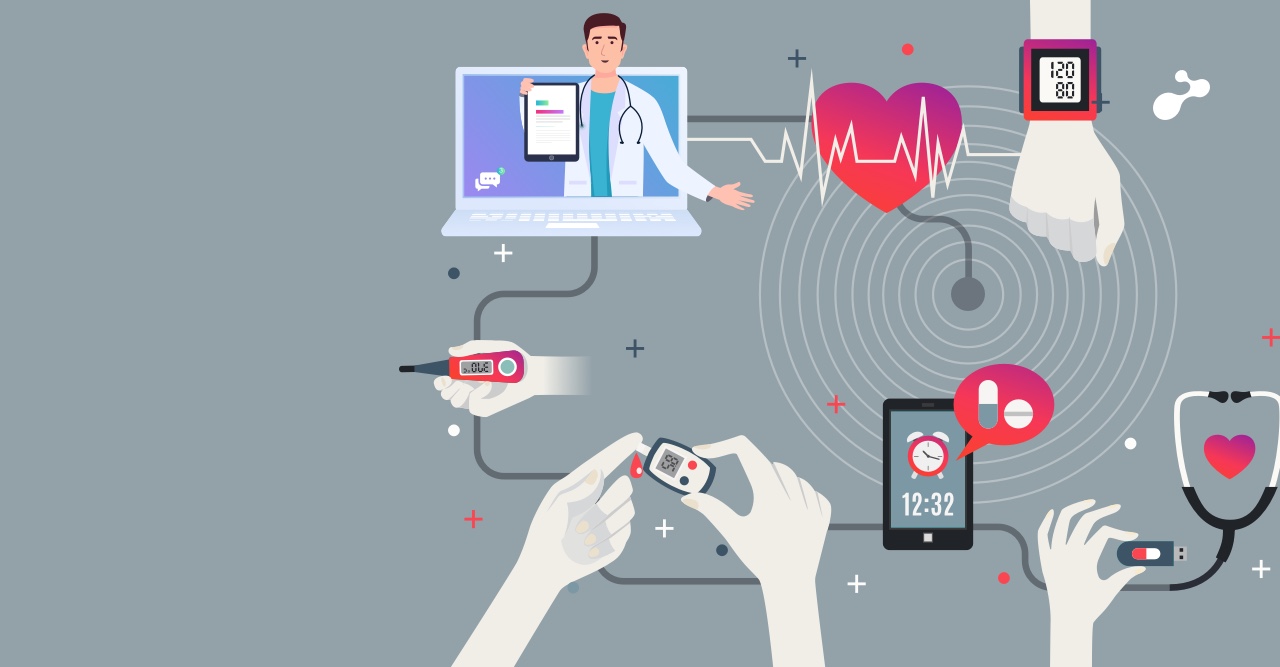
With the burst in the technological advancements, many hospitals have already undergone changes with legacy systems and simplified the operations at the grass-root level. Introduction of IT in healthcare has offered useful benefits to the healthcare industry. Cloud has entered all the fields and the healthcare sector is not far behind from adopting this technology to transform itself completely as adopting cloud services would make healthcare operations even more convenient and cost effective. The future is expected to belong to cloud computing, carrier clouds and cloud service providers that have health data delivery networks and offer storage, electronic data interchange (EDI) and patient management.
The cloud offers, as many people already know, on-demand computing. It uses the latest in technology to deploy, access, and use networked information, applications, and resources. The major benefits associated with the use of cloud in the healthcare industry include:
- Improved medical research
The cloud makes it possible for doctors to treat their patients well via storing and sharing data and speeding up the research process. Cloud has the ability to gather outside data from multiple fields and it allows analysts to pool this data and condense it into better results, allowing the medical professionals to get a clearer and more advanced image of the subjects they’re researching. - Better collaboration
Cloud plays a vital role in collaboration, which is important to the healthcare industry. It allows professionals to store and access data remotely and this helps healthcare professionals around the world to gain access to patient data immediately and apply the necessary care without a delay. Also, remote conferencing, up-to-the-second updates on healthcare developments and patient conditions, and more, is allowing doctors to save those precious life-saving minutes. - Better storage
The cloud allows holding more information at a lower cost. This lets even the smaller hospitals access to the kind of information they need to offer the best care without any pressure of higher costs. - Greater reach
Cloud increases the reach of doctors as they can communicate with one with one another, send requests for additional resources or man-power, or simply keep each other updated on the status of a patient’s condition.
No matter which cloud service platform is used or which cloud provider has unmatched virtualized applications as a service via the cloud, the delivery of computing and service must allow the sharing of propriety data resources to assist physicians and health care providers to do their jobs effectively and efficiently. As well, both the cloud platform and provider must ensure all health data remains secure and private.
If these conditions are met, there will no longer be strict resistance to cloud computing adoption in the healthcare industry.










